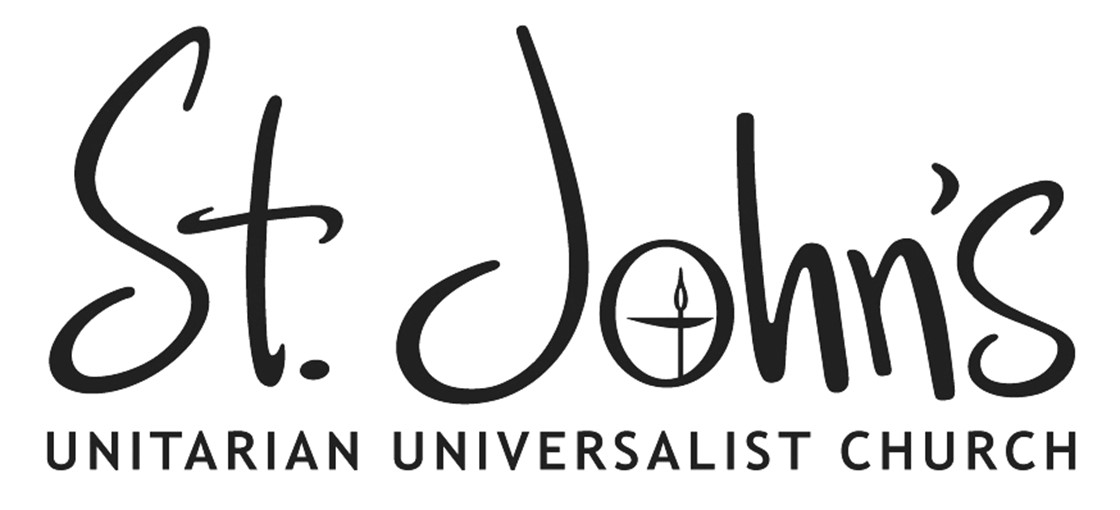Dear Church,
I want to talk about scams and safety on the internet right now.
Many of us are working more online than we had ever imagined. This is a opportunity for us to find new connections, and it is an opportunity for the less scrupulous to try to take advantage of us.
I promise I will not send you an email asking for favors or asking you to send me money, gift cards, etc. These “phishing” scams are at an all-time high and I don’t think they are going to recede any time soon. Pease do not answer any of these vague emails about needs for help or anything that seems alarming, strange, or out of character.
When you find an email alarming, it is good to pause and ask, who would I call to confirm this? (And I do mean CALL, not email, and certainly don’t reply to the email to ask if they are legitimate.) Who would know the rest of the story? Sometimes these emails and phone scams play on shame and will tell you a loved one is in jail and needs to be bailed out without anyone knowing. Remember, in our tradition, the worth of a person cannot be eclipsed by imprisonment or being stuck in a far-away airport or being related to long lost royalty. Don’t let shame or panic guide you. Call your people. Call your friends, family, church people to double check. It is ok.
If you would like to donate to St. John’s minister’s discretionary fund, you can do so through the church itself. If you are a member or friend who might need assistance from the fund, please reach out to me directly. Your minister and church board know that needs are changing at this time and we would like to help.
You may have read about security problems with Zoom or other online meeting platforms. Some basic safety measures include being aware of who is “in the room” with you, not clicking on any link sent in a chat box, especially if it is from someone you do not know. It is also wise to share the log in information for meetings with only those who are directly invited or who the presenter has asked you to invite.
It is likely that every platform has some security issues. Use good sense and you will reduce your risk. Be aware that many people and organizations are not permitted to use Zoom at this time. At St. John’s, we have access to two platforms, Zoom and Google Meet, so that when problems inevitably arise with one, we will still be able to be in touch.
Many of us are getting on line for the first time. There are some things that we all might want to know:
1. Be patient. Not everyone has the same technology or familiarity
2. Interruptions come across more pointedly than intended. You can use hand raising to get attention or just practice being very thoughtful about when you interject. Share a lot of grace with yourself and others.
3. Many platforms come with the power to record a meeting. It is not just a matter of courtesy, but in some places a matter of law that we should not record without telling people and giving them a chance to opt out.
4. Use the mute button when you are not talking. This helps everyone hear better. Speak a little slower than you other wise would.
5. Be prepared to adjust your lighting and try to get a good image if you are using a camera. This sometimes helps those of us who have trouble hearing to pick up on visual cues.
Finally, some companies like TrendMicro, Norton, McAfee, BitDefenders and Malwarebytes have free offering that may be useful to people at this time.
Some security concerns are within our control and some risks are inevitable. We can only do so much, but we should endeavor to do what we can!
Until we can be together in person again, be well.
Rev. Mitra
